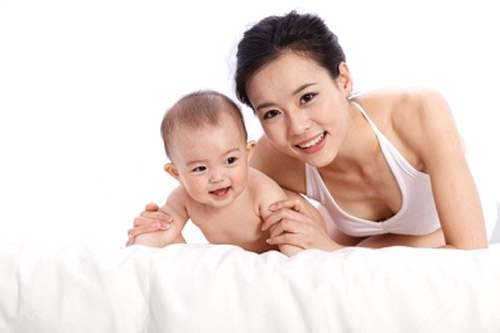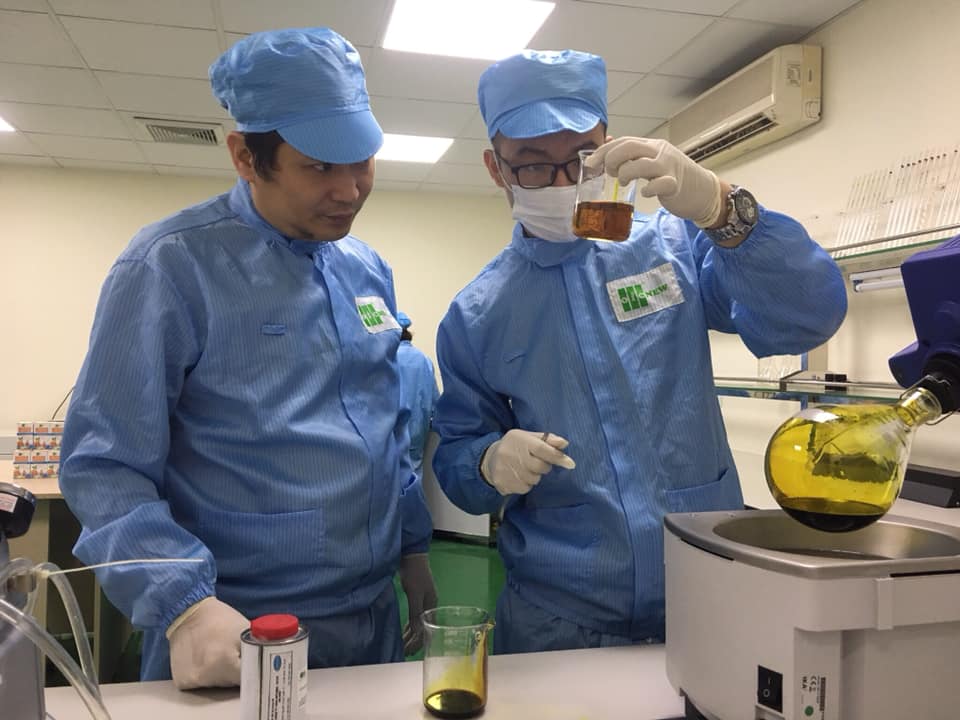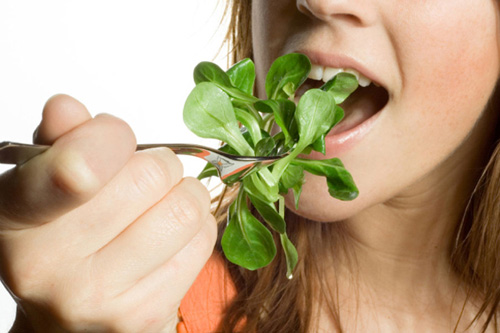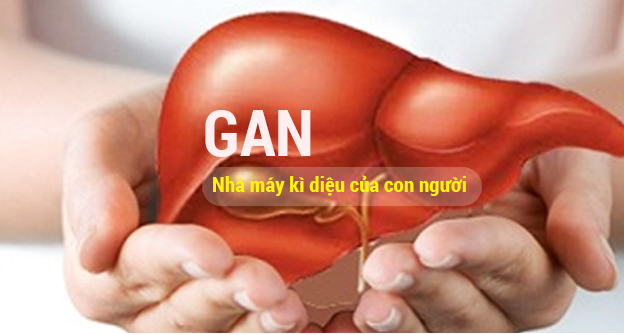After more than 9 months of pregnancy and successful delivery, a woman’s body undergoes major hormonal changes. After giving birth, the mother’s health is very weak, so it is very important to take care of the health of pregnant women during this period. Because without adequate and proper care, the health of the mother is not guaranteed, leading to skin inflammation, exhaustion, stagnant blood …
1. Lower abdominal pain
After giving birth, the uterus shrinks to just like a grapefruit, the bottom of the uterus is palpable at the navel. Just a week later, it was half recovered, and another week after that, the uterus was no longer palpable on the abdomen. Pregnant women usually do not feel pain. If you feel pain, see if there is an infection. Specifically, infection in the uterus, appendicitis, appendicitis, and colitis can all cause lower abdominal pain.
When you see slow uterine contractions, foul discharge and fever, you must think of endometriosis (mucosa) and consider if there is a residual placenta? Uterine inflammation, if left for a long time, is very dangerous because it turns into a severe form very quickly.
2. Postpartum fever
Many women after giving birth 2-3 days after giving birth may have a fever above 38 degrees Celsius or vice versa, have a continuous cold. This condition is usually caused by an infection in the uterus that leads to a fever. If not treated in time, the disease can progress seriously, make the whole body worse, can even lead to blood infection. When having a fever, women should not abuse fever-reducing drugs, but should go to the hospital to check.
Methods to prevent this situation: when handling mucus, pay attention to hygiene, and pay attention to keeping the outside of the genital area clean. After giving birth, pregnant women need to lie on the bed to rest and keep warm. In addition, it is necessary to properly absorb nutrients to ensure a healthy body state.
3. Perineal pain
The perineum is often traumatized and is also prone to widening during premature birth, large fetal head, or low perineal dilation. This area concentrates a lot of blood, so it is easy to heal. During the first few days, pregnant women also feel discomfort and difficulty moving and walking.
The perineum is very susceptible to bacterial infections. When you feel pain, stinging, itching, edema and sometimes pus, you must immediately report to the doctor for early suture removal, washing with local antiseptic (polividine) and a clean bandage. If the infection is extensive or severe, you should go to the hospital immediately.
4. Milk engorgement and blocked milk ducts
A few days after giving birth, the breasts are enlarged because of full milk production. The breast is hot, heavy, hard, sometimes tight. This is a normal phenomenon. Breastfeeding immediately, the above phenomena will go away. If for some reason the baby cannot suckle, it is necessary to express milk or feed another baby (direct feeding).
If the milk in the breast cannot come out due to blocked milk ducts, inflammation of the nipple or nipple fissure, it will quickly become infected with bacteria, leading to inflammation of the milk ducts, inflammation of the milk ducts and eventually breast abscess. .
To avoid breast abscess, it is important to treat blocked milk ducts as soon as possible, so that milk does not stagnate in the breast. Pumping with a pump is less effective, because it is easy to cause swelling around the milk ducts in the nipple. Applying heat, massaging, asking a stronger, older baby to suckle right from the start is the best solution. If there is redness in an area on the breast, hot compresses and milking are the most appropriate measures.
In case of nipple scratches or cracks, the nipple should be moistened with glycerin, synthetic corticosteroid ointment or mystatin. You should express milk because if you let the baby suckle, it will be very painful for the mother. Do not wash your breasts with soap and do not apply alcohol.
5. Hemorrhoids
During pregnancy, if a woman has hemorrhoids, the condition will usually get worse after childbirth. Because when giving birth, you have to use a lot of force to push, so the disease is more serious.
Hemorrhoids are often swollen and red after giving birth 2-3 weeks, very painful, because of fear of pain, they also hold back when defecating, leading to constipation, making hemorrhoids worse, forming a malignant circulation. In addition to treatment with drugs and soft ointments, pregnant women must also pay attention to eating and drinking, not to become constipated and should not leave bed early.
6. Urinary disorders
This problem is rare, but if it does, it is very dangerous. There are 2 types of disorders:
– Urinary retention: The woman cannot urinate because the anterior wall of the vagina is changed, or the trauma causes the urethra to flex or the bladder neck muscle is tight. Pregnant women with urinary retention, abdominal distension, pain due to full bladder and distension.
– Bedwetting: there are 2 causes:
Bladder-vaginal fistula: caused by tearing of the anterior vaginal wall after using a fork or suction cup to pull the fetus out. Had to surgically suture the fistula.
Due to damage to the bladder neck, the sphincter in the bladder neck does not work properly after birth. This damage is usually temporary and does not last long. Treatment is not complicated.
7. Late postpartum hemorrhage
This is unusual if bleeding occurs again on the second, third, or later day after birth. The main cause is in the area where the placenta attaches to the cervix poorly, or because the placenta is left behind. This case must be reported to the doctor immediately to be given strong uterine contractions and uterine massage to stop bleeding.
8. Headache, heavy head
After giving birth, people with anemia, high blood pressure, people using surgical anesthetics, and people who work too hard can lead to headaches or heavy headaches. With enough sleep, symptoms can be alleviated. If you experience severe pain, consult a doctor.
9. Numb limbs
After giving birth, the pregnant woman may experience swelling or frequent fatigue, sometimes there are symptoms of numbness in the limbs, fatigue in the hands and feet, heavy legs, etc. These symptoms gradually disappear along with the recovery of the body.
10. Muscle stiffness and pain
Having to carry a big belly and have to spend a lot of energy during childbirth, women may experience muscle pain after giving birth. During confinement, too much activity is also one of the causes of back pain. After about a week, it can be reduced, if it persists, you should consult a doctor.
11. Dermatitis of pregnancy
This is the phenomenon of red papules scattered all over the body or concentrated on the abdomen, back, face … of pregnant women with itching. This is the case with most mothers.
To prevent pregnancy dermatitis, mothers need to remember:
– Regularly bathe and clean the body, especially in the hot season. Choose breathable, sweat-wicking clothing.
– Avoid taking too long a hot bath, which makes the skin dry and itchy.
– Choose a shower gel with a moderate pH, non-irritating, suitable for sensitive skin.
– Do not use soaps, irritating beauty cosmetics, containing high concentrations of caustic soda.
– Use a cool or warm towel to apply to the itchy area to reduce discomfort.
– Absolutely do not scratch, scratch or exert strong force when itching, because it only makes the skin there more itchy and damaged.
– The itching during pregnancy will become more severe if the pregnant mother eats allergenic foods.
In addition, to prevent from deep inside, mothers should use products extracted from nature such as Liquid Nano Curcumin OIC with turmeric extract, solution form with Nano Curcumin particle size <39nm:
– Pregnant women can use Liquid Nano Curcumin OIC whose main ingredient is Turmeric Nano Curcumin applied topically to help disinfect, prevent skin inflammation and soothe itching.
– In addition, postpartum mothers should combine drinking and applying Liquid Nano Curcumin OIC on the skin to heal wounds quickly, replenish blood, help contract the uterus, and prevent postpartum.
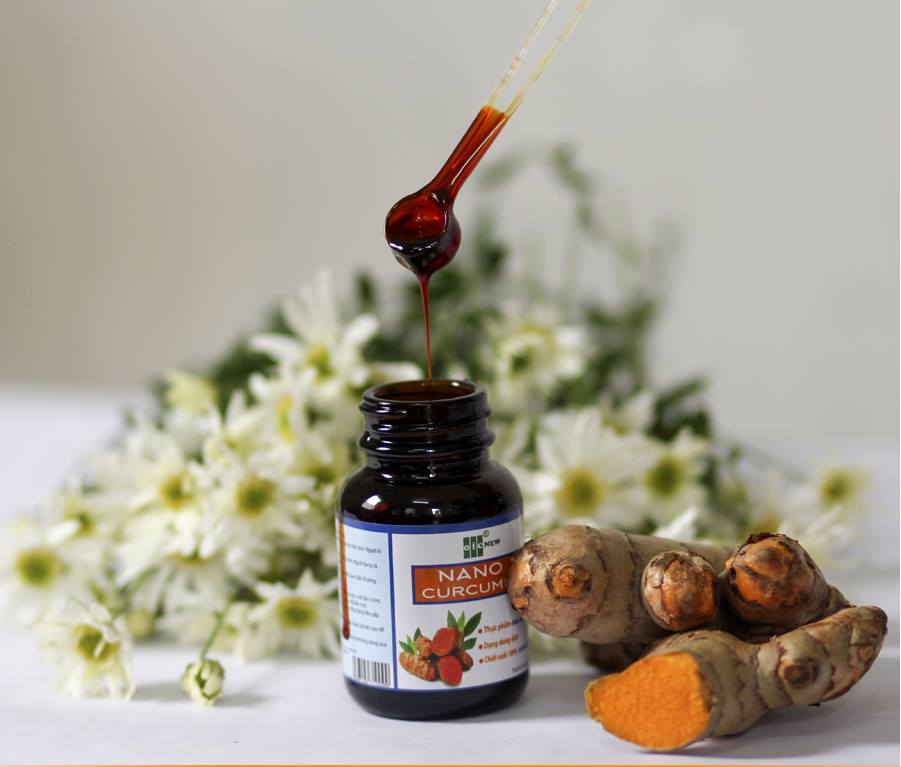
Wishing all mothers “goodbye” the worry of allergic dermatitis (itching) during pregnancy to rest assured to take care of their health during their pregnancy!







